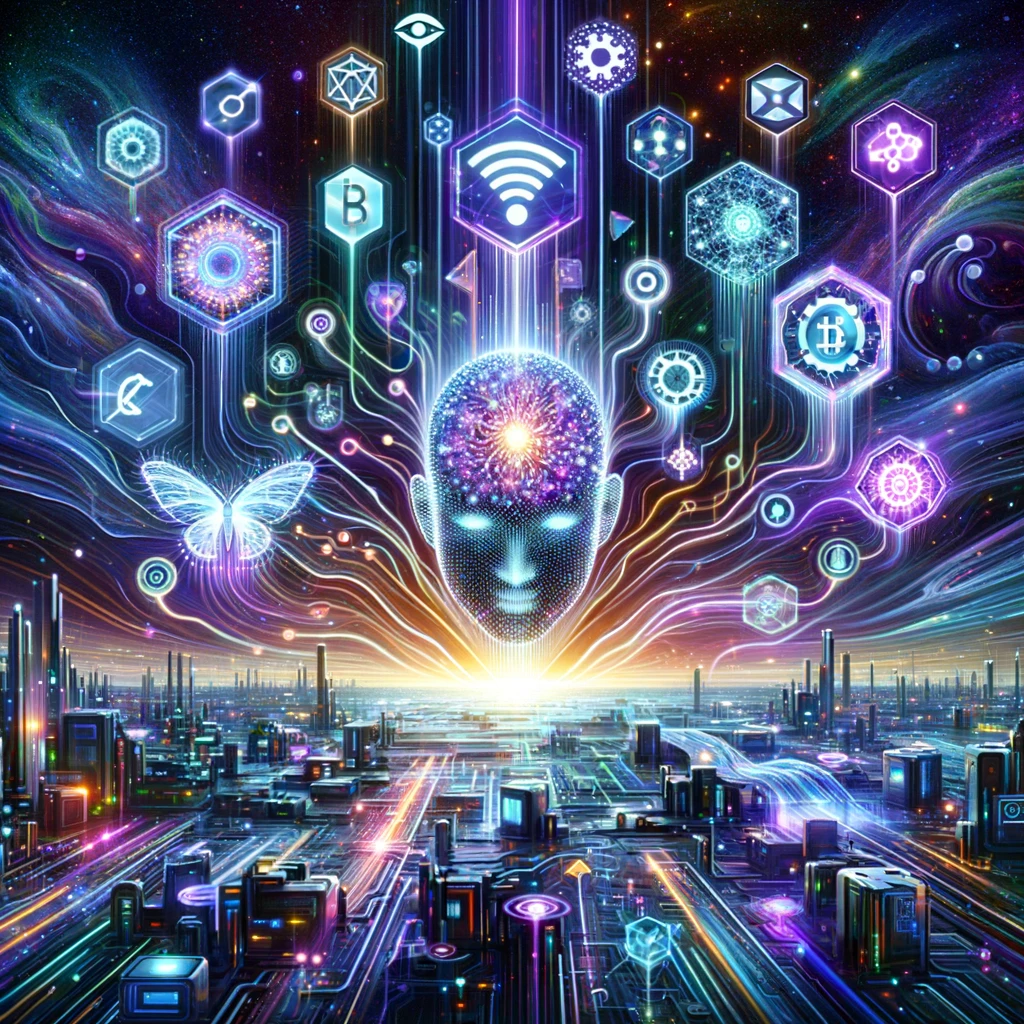Depression is a complex mental health disorder that affects millions of people worldwide.
While traditional treatments like therapy, medication, and lifestyle changes can be effective, many individuals still struggle with the condition. In this article, we’ll explore unconventional approaches to managing depression that may not have been considered before but could offer significant benefits for those who suffer from it.
1. Mindfulness-Based Stress Reduction (MBSR)
Mindfulness-based stress reduction is a practice that combines meditation and yoga to help individuals become more aware of their thoughts, emotions, and physical sensations. Studies have shown that MBSR can be as effective as antidepressants in treating mild to moderate depression. By incorporating this technique into your daily routine, you may find relief from symptoms and an improved overall sense of well-being.
2. Transcranial Magnetic Stimulation (TMS)
Transcranial magnetic stimulation is a non-invasive procedure that uses magnetic fields to stimulate nerve cells in the brain. This treatment has been shown to be effective in alleviating depression symptoms, especially when other treatments have failed. Although it’s not yet widely available, TMS may offer hope for those who haven’t found relief through traditional methods.
3. Ayahuasca Therapy
Ayahuasca is a psychoactive plant-based mixture used in traditional ceremonies by indigenous cultures in South America. Recent studies have shown that ayahuasca therapy can be effective in treating depression, particularly when combined with psychotherapy. However, due to its potential risks and lack of regulation in many countries, this option should only be considered under the guidance of a qualified professional.
4. Art Therapy
Art therapy involves creating art as a way to express emotions and explore inner thoughts. This approach can help individuals with depression to process difficult feelings and gain new perspectives on their experiences. By engaging in creative activities like painting, drawing, or sculpting, you may find relief from the symptoms of depression and develop a greater sense of self-awareness.
5. Virtual Reality Exposure Therapy (VRET)
Virtual reality exposure therapy uses computer-generated simulations to expose individuals to situations that trigger their anxiety or depression. By gradually increasing the intensity of these virtual exposures, individuals can learn to cope with their emotional triggers more effectively. Although still in its early stages, VRET holds promise as an innovative treatment option for those struggling with depression.
6. Equine-Assisted Psychotherapy (EAP)
Equine-assisted psychotherapy involves working with horses to address mental health issues like depression. Horses are highly sensitive animals that can respond intuitively to human emotions, making them ideal partners in this type of therapy. By developing a relationship with a horse and learning from its reactions, individuals may gain new insights into their own emotional states and develop better coping strategies.
7. Energy Healing Modalities (Reiki, Qi Gong)
Energy healing modalities like Reiki and Qi Gong involve channeling universal life force energy to promote healing and balance within the body. While these practices are not widely accepted in conventional medicine, some individuals report significant improvements in their depression symptoms after incorporating them into their self-care routines.
8. Psychedelic-Assisted Therapy (Psilocybin, LSD)
Psychedelic-assisted therapy involves the use of psychedelic substances like psilocybin or LSD in conjunction with psychotherapy to treat depression. Recent studies have shown promising results, particularly when treating treatment-resistant depression. However, due to legal restrictions and potential risks, this option should only be considered under the guidance of a qualified professional.






Leave a Reply